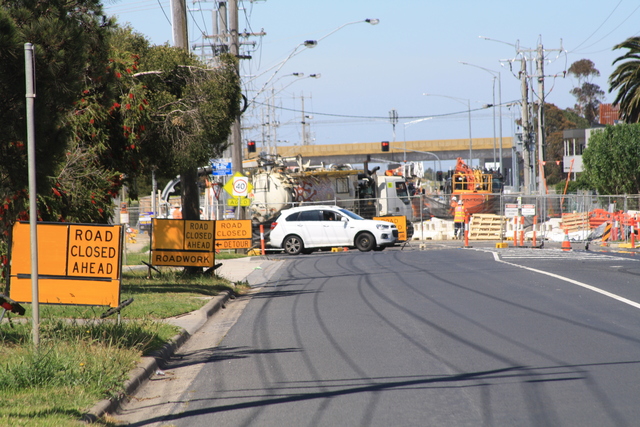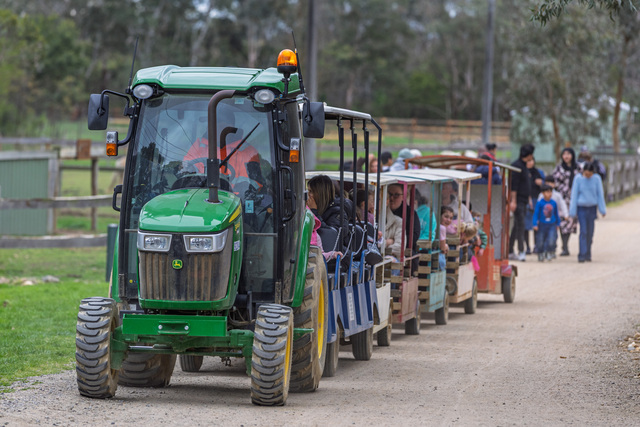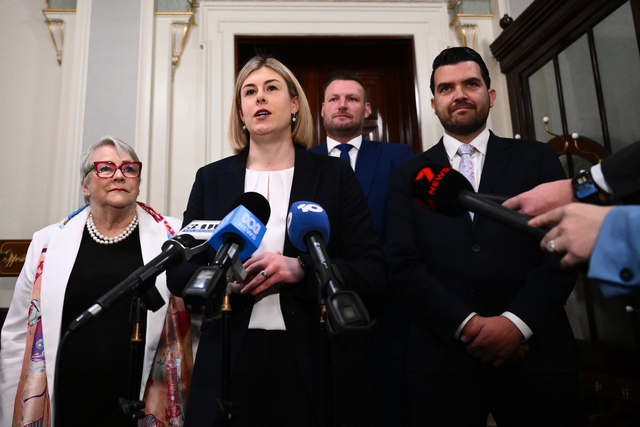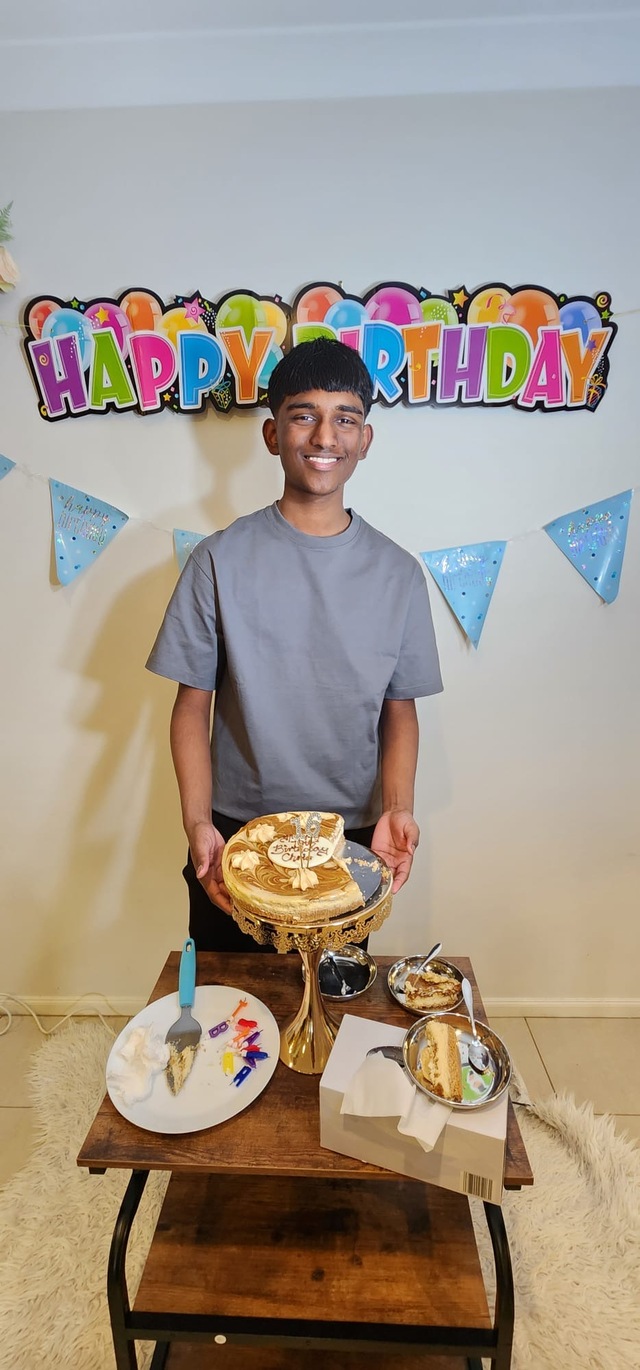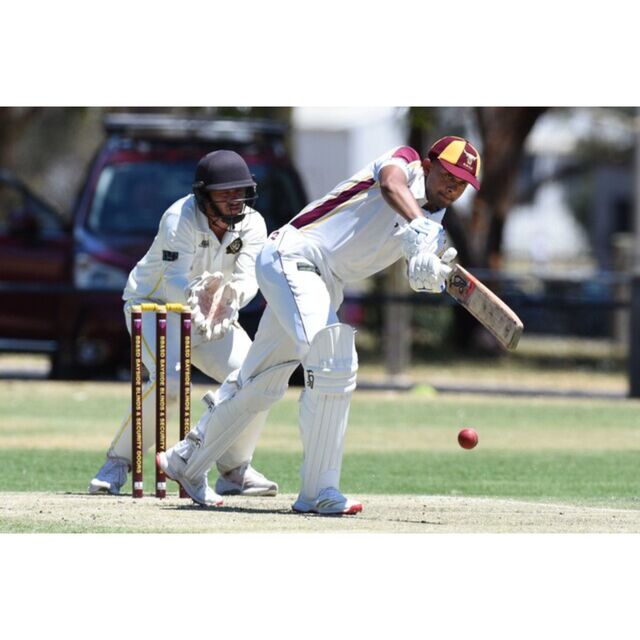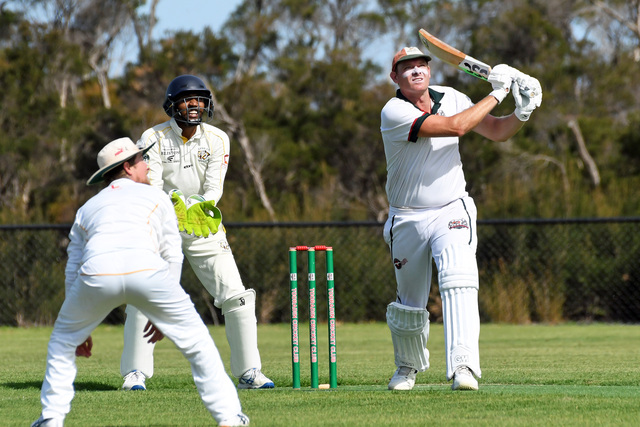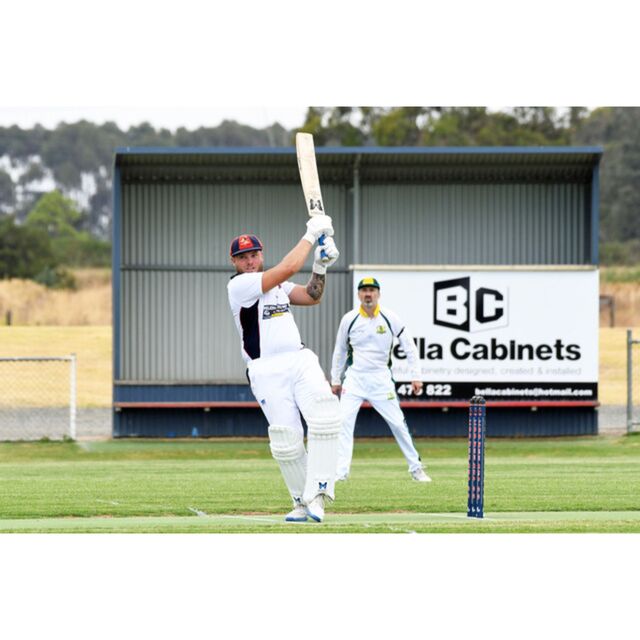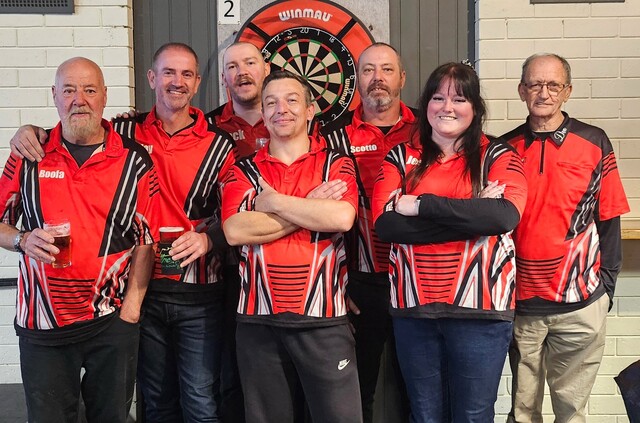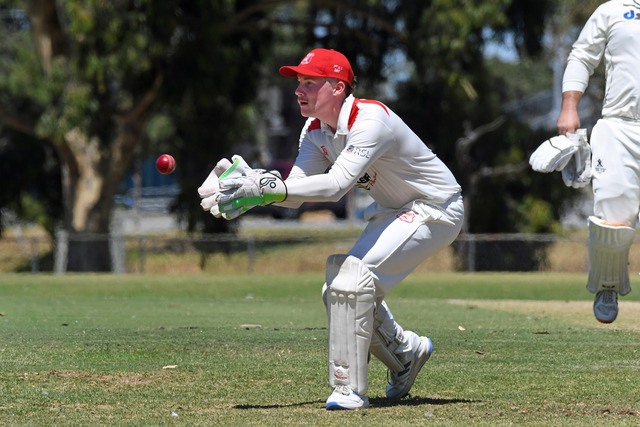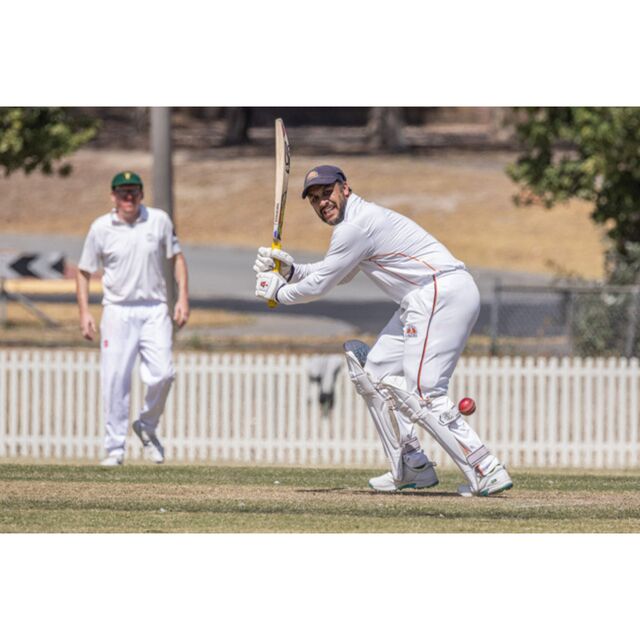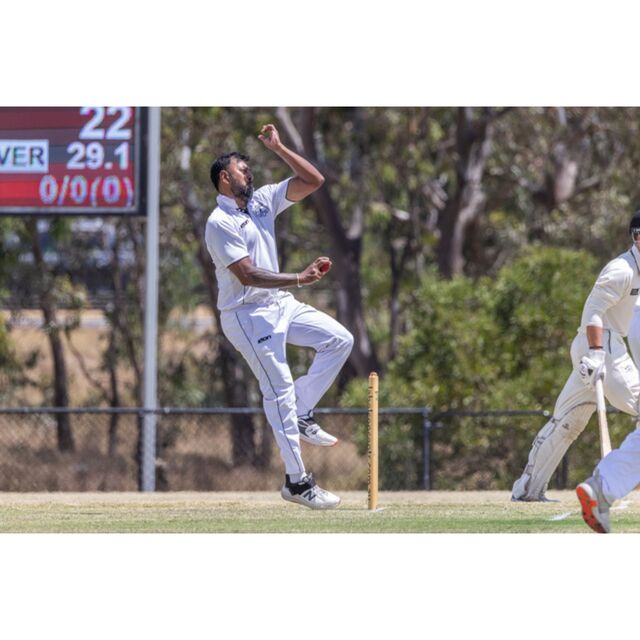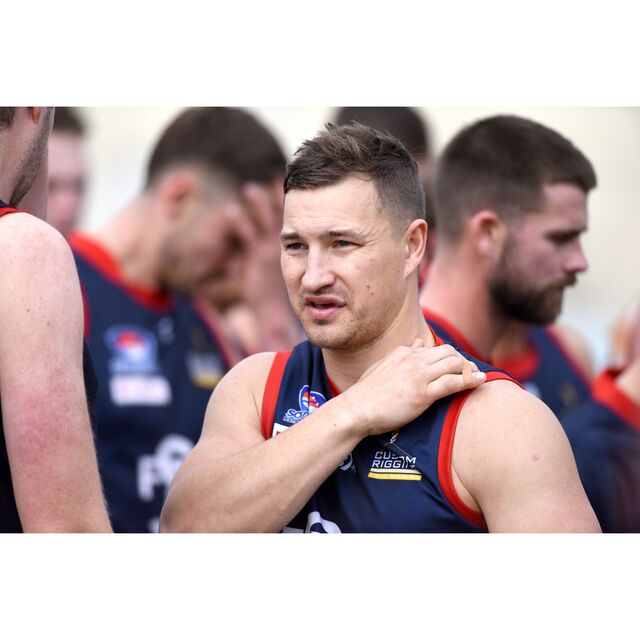 Marie Williams and her daughter Mary Jane with a picture of her nephew, Emmanuel Francois, who is coming to Australia for a hearing implant.
Marie Williams and her daughter Mary Jane with a picture of her nephew, Emmanuel Francois, who is coming to Australia for a hearing implant.
By Sarah Schwager
A CRANBOURNE woman is desperately trying to give her nephew the gift of hearing.
Little Emmanuel Francois, 5, of the Republic of Mauritius, developed meningitis recently.
By the time he was diagnosed, he had received significant brain damage and lost hearing in both ears. His eyesight and speech were also affected.
He is now flying to Australia with his parents and younger sister so he can receive treatment at the Royal Victorian Eye and Ear Hospital in Melbourne.
The family will stay at Marie William’s Cranbourne home for up to a year – the time that the procedure and recovery could take.
As yet they have not raised the money needed to receive the surgery, called a cochlear implant.
When Emmanuel showed symptoms of the disease, his parents, who are both nurses, thought he had a fever.
It was not diagnosed until the meningitis, which often mimics symptoms of the flu, had caused significant damage.
“They don’t have the medical facilities where they come from,” Ms Williams said.
The family is from Rodrigues, a small island 560km east of Mauritius.
Ms Williams, a mother of four, does not work but said she would do anything to get her nephew the treatment he needs.
“He has to have the surgery as soon as possible or his hearing could get worse,” she said.
“The brain develops fast as a child but his is slowing down with all the problems.”
The cochlear implant is an artificial hearing device, designed to produce hearing sensations by electrically stimulating nerves inside the inner ear.
Jamie Leigh, audiologist at the Royal Victorian Eye and Ear Hospital, said the device was only suitable for people with profound or total hearing loss so Emmanuel would need to be assessed before he could receive the implant.
Ms Leigh said if successful, the implant would allow the child to hear superficial robotic sounds, optimising the opportunity to learn the spoken language.
Ms William said her brother, Emmanuel’s father Roddy Francois, had said Emmanuel was becoming very agitated and not the energetic boy he used to be.
The family flies to Australia on 4 September and his first appointment, which costs $10,000, is on 14 September.
They have already received 200,000 rupees (AUS$8594) from the Ministry of Health and Quality of Life, Mauritius, and Air Mauritius donated the flight to Australia for the whole family, including Em-manuel’s mother Jenny Abdul and sister Daphne.
Assuming Emmanuel is eligible to have the procedure, the whole cochlear implant costs $74,000.
Ms Williams said her daughters Mary Jane, 3, Megan, 5, Natalie, 11, and even Veronique, 22 (who no longer lives at home), were looking forward to having their cousins stay with them.
“But I am so worried that we will not be able to raise that much money,” she said.
“I’ll just be happy if he is able to get his health back. His parents are so worried.”


